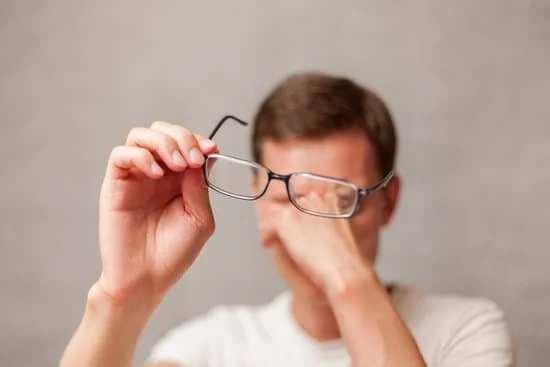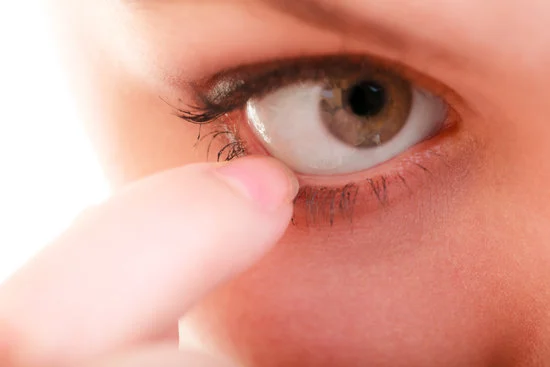
Without a question, sight is the sense we utilise the most. When the eyes are not being forced to long days in front of the computer, viewing videos on a tablet or watching television is common. So, when do you take a break from looking?
Most common vision problems

Myopia, hyperopia, astigmatism, and presbyopia are the most frequent visual abnormalities. These vision issues lead you to view things blurry up close or far away, or to have difficulty concentrating on different objects. Special lenses and/or surgical therapy are frequently used to resolve these issues.
Keeping your eyes focused for hours on a computer screen, a cell phone, or a tablet, at a more or less same distance, in low light, and/or in charged or smokey situations may lead to a variety of other issues, including:
- Redness
- Tearing
- Blurry vision
- Dryness
- Photophobia
- Loss of ability to focus long distances
- Associated problems such as headaches or dizziness.
Furthermore, when individuals age, they get vision problems as a consequence of disorders like glaucoma, cataracts, diabetic retinopathy, and so on.
Ten tips to take care of the health of the eyes on a daily basis

- Conduct periodic evaluations. You’ll be able to identify vision loss or ocular strain in them, and an early diagnosis may help you prevent future difficulties.
- Sunglasses should be used to protect your eyes from the sun. So that UV rays do not harm your cornea and retina, use sunglasses with suitable and high-quality filters.
- Avoid smoky settings, which irritate and produce redness in the conjunctiva.
- Do not smoke because of the toxins in the smoke and because smoking increases the risk of macular degeneration.
- Consume a well-balanced, vitamin- and mineral-rich diet. Vitamin C promotes collagen production and may be found in oranges, lemons, kiwis, strawberries, peppers, cabbage, and broccoli. Vitamin A is a fat-soluble vitamin that enhances night vision and protects the retina. Tomatoes, peppers, carrots, dairy, turkey, and seafood all contain it. B vitamins are present in meat, eggs, milk, almonds, and whole grains preserve the conjunctiva and prevent macular degeneration. Vitamin E is an antioxidant that may help prevent illnesses like cataracts and can be found in avocado or olive oil. Zinc and copper oxide are minerals that aid in the absorption of other nutrients while also slowing the onset of AMD (age-related macular degeneration). Seeds, veggies, lean meats, and legumes are all good sources. Also, omega 3 fatty acids (found in oily fish, nuts, etc.) protect your eyes by boosting irrigation and avoiding dryness.
- Allow your eyes to rest. Blink many times to humidify your eyes, shut your eyelids for a few seconds, and gently massage them when you spend time in front of a computer, television, or mobile device.
- To reduce dryness and avoid redness, use eye drops.
- Use caution while applying makeup. Cleaning thoroughly every day with non-aggressive solutions and pulling the dirt out is essential.
- Maintain a proper distance from the computer to avoid straining your eyes while focusing.
- Make sure your workspace, study, or leisure area is well lit. Insufficient light makes the eye work harder, the pupil dilates, and you lose visual acuity in the long term.







